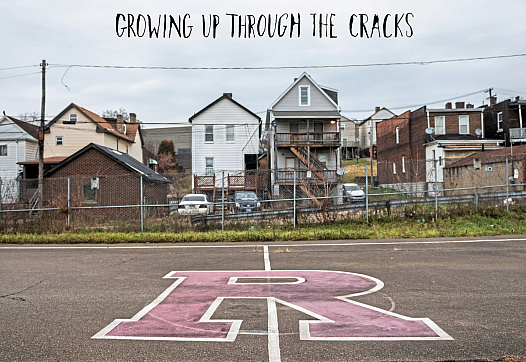
In southwestern Pennsylvania's fragmented patchwork of cities, boroughs and townships, children are likely to live in places without the resources to keep them safe, active and healthy.

In southwestern Pennsylvania's fragmented patchwork of cities, boroughs and townships, children are likely to live in places without the resources to keep them safe, active and healthy.
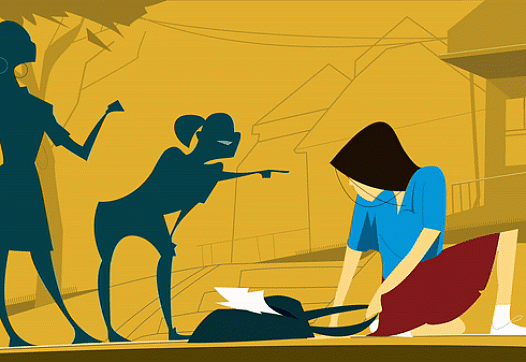
This story was produced as part of a larger project led by Rachel Dissell and Brie Zeltner, participants in the 2018 National Fellowship....
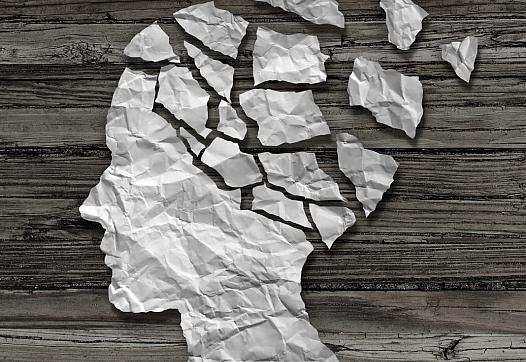
“I have to meet this guy and have sex with him. If I don’t, then he and his friends are going to rape my little sister,” a student at Frank Ballou High School in Ward 8’s Congress Heights told her teacher.
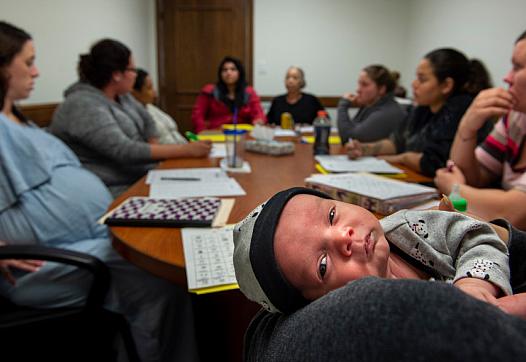
Parents can feel hopeless when they enter the child welfare system. And things get complicated when California steps in to play parent.
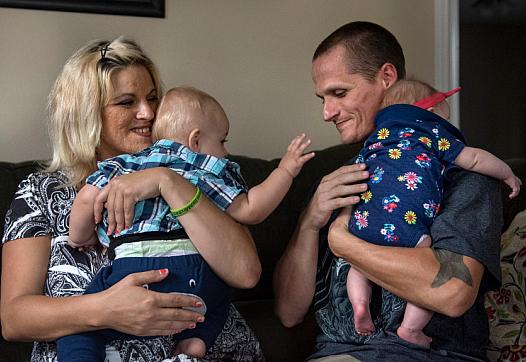
Becoming a new mom is stressful for the best-prepared women; struggling with addiction on top of that can lead to danger for them both.
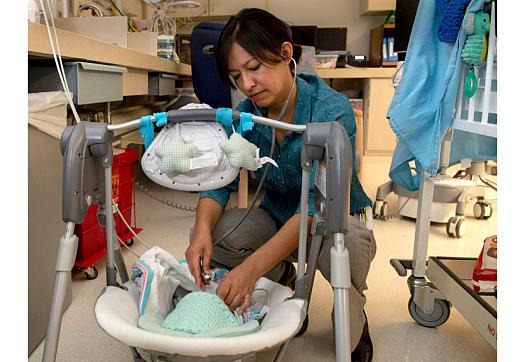
Over the decade from 2008 to 2017, as the opioid epidemic took hold, the number of drug-exposed infants born per year nearly tripled in California
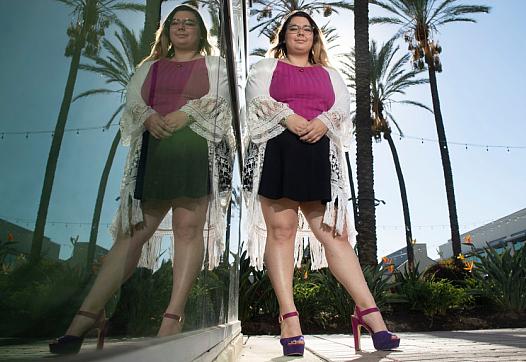
When the "crack baby epidemic" of the 1980s and '90s was raging, many experts offered stark, long-term forecasts. While those were overblown, there still is cause for concern.
This series was produced with the support of the USC Annenberg Center for Health Journalism Impact Fund.
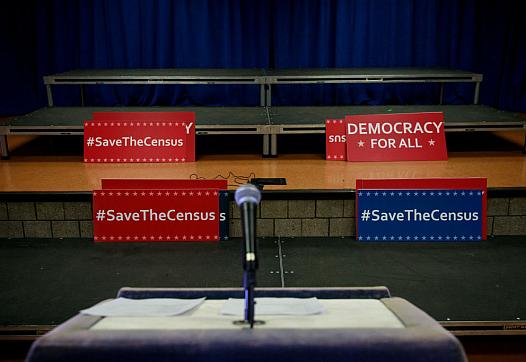
An inaccurate census would deprive vulnerable communities of vital public and private resources, writes civil rights advocate LaGloria Wheatfall.

The children who end up buried the deepest in the criminal justice system were often victims of extensive trauma before they played a part in killing others.

Prison inmates detail the crippling obstacles faced by many of the Jacksonville, Florida children involved in homicides.